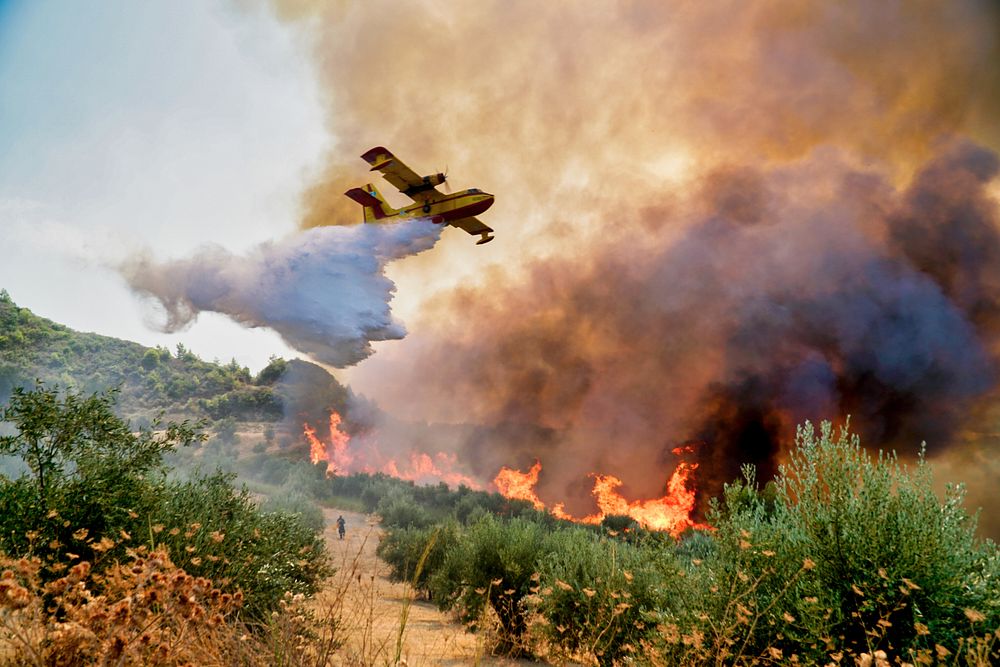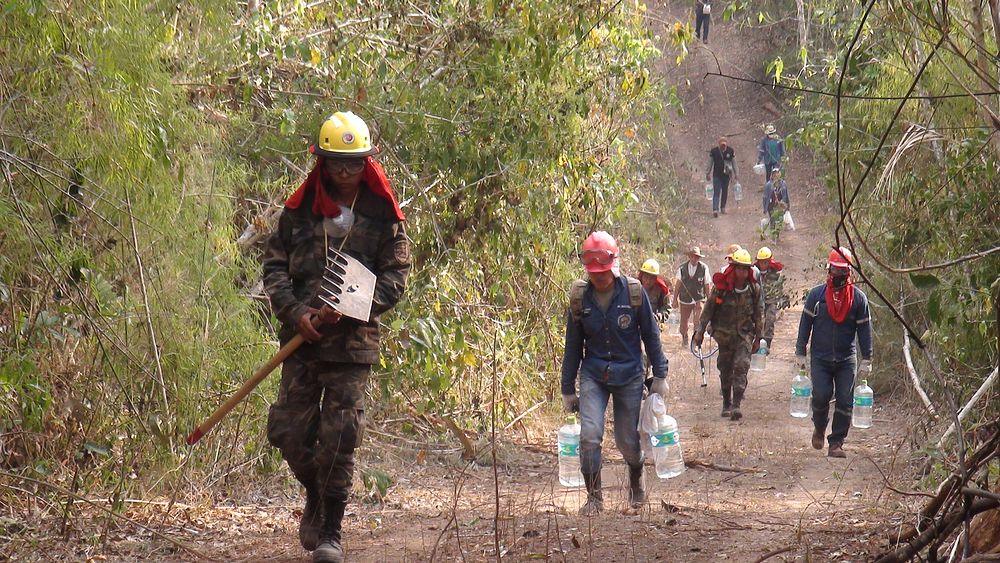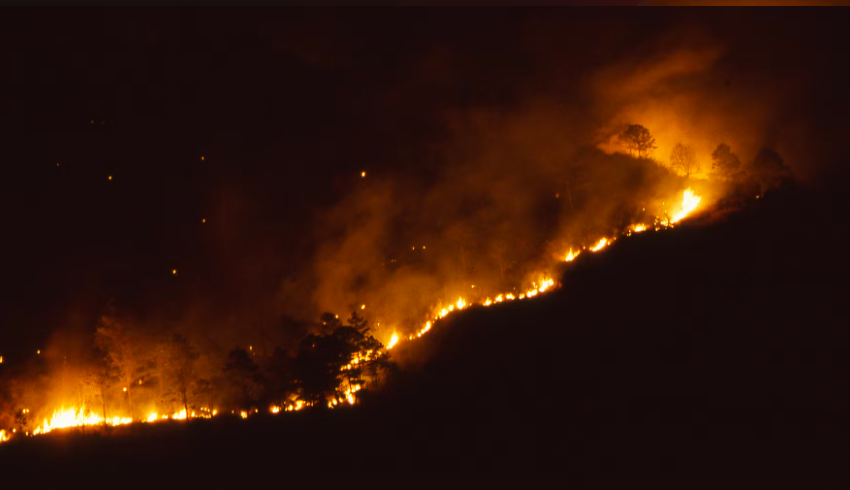2023 Was the Hottest Year Ever Recorded
The Northern Hemisphere experienced the hottest summer in over 2,000 years, according to Nature journal. While the weather phenomenon El Niño contributed to the high temperatures, it is not the only cause. Climate change is intensifying, and together with our exploitation of nature, wildfires are on the rise. According to a 2022 UN report, the number of extreme wildfires is expected to increase by up to 30% by 2050.
Climate Change is Driving Wildfires to New Areas
Rising temperatures create dry conditions and lower humidity, making vegetation more susceptible to fire. This prolongs the fire season and increases the risk of more intense fires, as dry vegetation is highly flammable. Meanwhile, rising temperatures also increase the frequency of lightning, which are natural ignition sources, while stronger winds spread flames more rapidly and over larger distances.
Climate change has also altered rainfall patterns, with serious consequences for the Amazon rainforest. Even the wettest parts of the rainforest are now experiencing droughts and more wildfires. In 2023, the number of wildfires in the Amazon rose by 152% compared to the previous year.
The Consequences are Far-Reaching
The global increase in extreme wildfires is not limited to the tropics. Countries such as Canada, Russia, the USA, and Australia are also experiencing more frequent and intense wildfires. Europe has been particularly exposed, as seen in images of vacationers fleeing the flames on Greek islands. These fires have far-reaching consequences. Ancient forests, which store large amounts of carbon, are now burning more frequently, leading to higher CO2 emissions and exacerbating the climate crisis. At the same time, wildfires pose a severe threat to the millions of people who rely on forests for clean water, building materials, medicinal plants, and food. Moreover, forests help regulate the climate by absorbing CO2, and they are indispensable in halting the loss of biodiversity.

More Danish holidaymakers are experiencing wildfires during their vacations in Southern Europe, like the one shown here from Greece..
Air pollution caused by wildfires is another serious consequence. A study published in Nature shows that over two billion people were exposed to severe air pollution from wildfires for at least one day in 2019. In Bolivia, where Forests of the World operates, numerous wildfires have caused such severe air pollution that many schools in the country have been forced to temporarily close due to health risks from the smoke.
This is why Forests of the World works to prevent and combat wildfires in Bolivia, in partnership with APCOP and the Indigenous Peoples Chiquitano. Through a range of initiatives focused on prevention, monitoring, firefighting, and restoration, the extent of wildfires in the Monte Verde region has been reduced by 82% from 2019 to 2023.

Monte Verde, Bolivia. Local firefighters carry water to an area affected by a wildfire – in the long term, Forests of the World hopes to provide them with more and better equipment, enabling them to transport themselves, water, and gear more easily and quickly, making them even more effective in fighting wildfires. Photo by APCOP.
Politisk handling giver håb
A large part of global wildfires is linked to the demand for products such as soy and beef, which often lead to deforestation. This issue is not only about the policies of the countries where the forests are cleared, but also about the countries that import these products. The EU, the world’s second-largest importer of soy after China, has adopted a law requiring companies to ensure that certain import and export goods, such as soy, palm oil, coffee, cocoa, natural rubber, beef, and timber, do not contribute to deforestation. The EU’s initiative is an important step toward more sustainable supply chains, and if the law is properly implemented, it could reduce deforestation and wildfires worldwide.
In Brazil and Colombia, recent political changes have created hope for a better future for forests. In Brazil, the loss of primary forest fell by 36% in 2023 compared to the previous year – the lowest level since 2015. This decrease is due to a change in the country’s political leadership, with President Luiz Inácio Lula da Silva making environmental protection a priority and promising to end deforestation by 2030. In Colombia, President Gustavo Petro, who took office in August 2022, has also focused on environmental protection, resulting in a 49% reduction in deforestation of primary forest in 2023. The developments in Brazil and Colombia highlight the significant impact that choosing leaders who prioritize environmental protection and sustainability can have. This is a development that Denmark and the EU can and should support through trade, political work, diplomacy, and concrete efforts, such as Forests of the World’s project in Bolivia, which reduces wildfires locally.
Press Contact
Jonas Schmidt Hansen
Who is Forests of the World?
We work to preserve the world’s forests, both in Denmark and the world’s tropical forests.Our focus areas include sustainability, Indigenous Peoples and local engagement.
